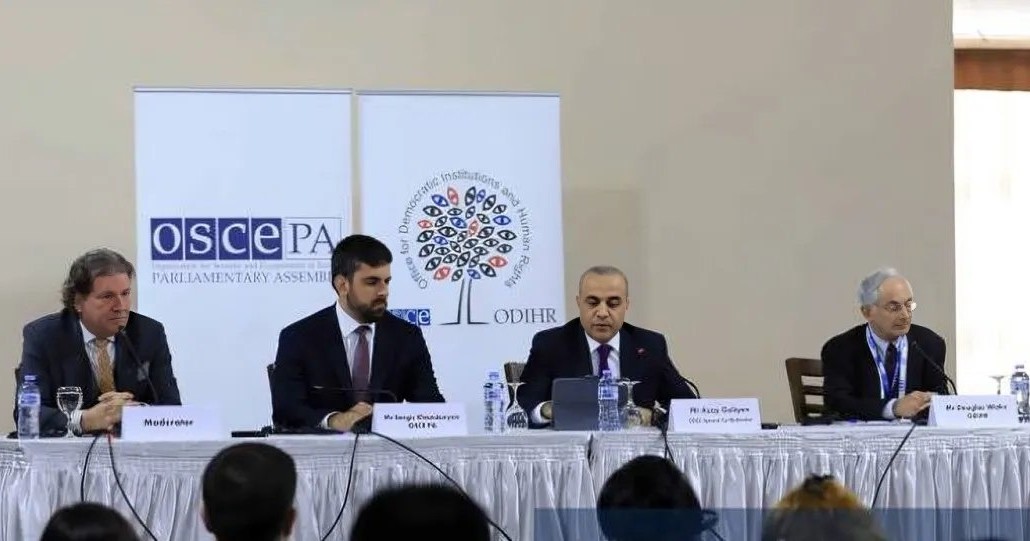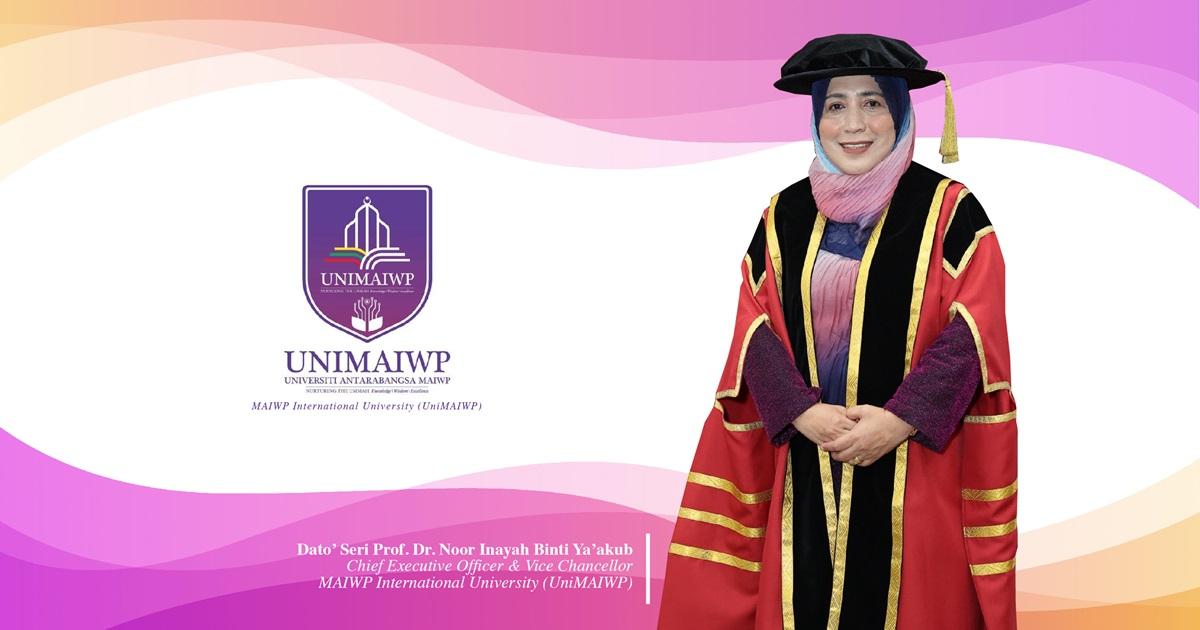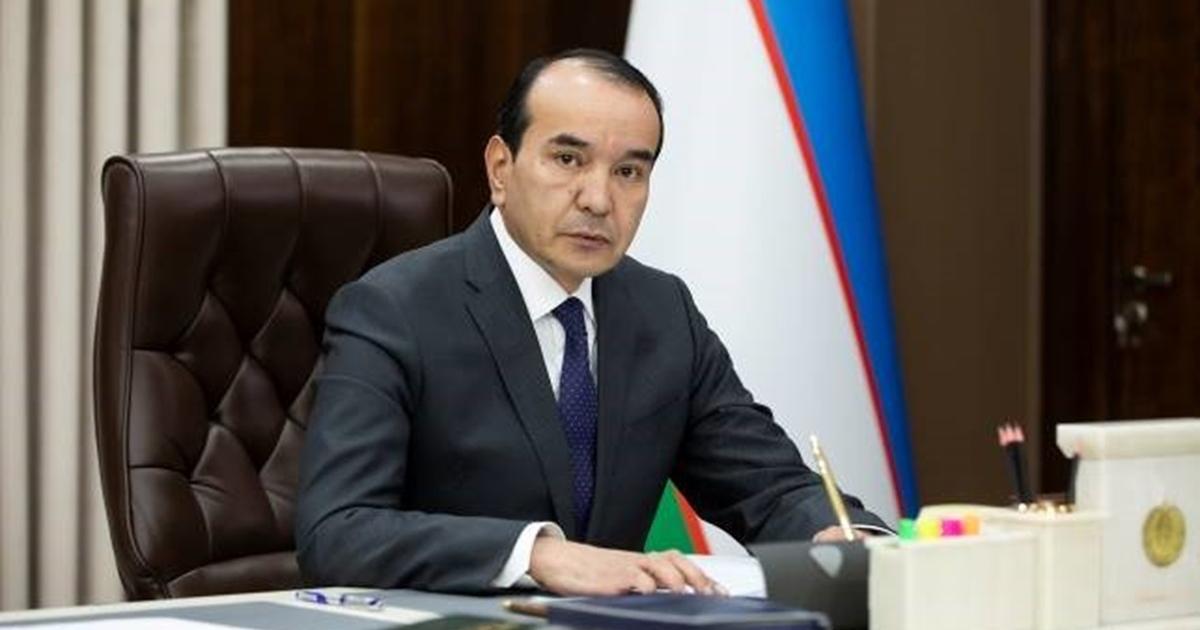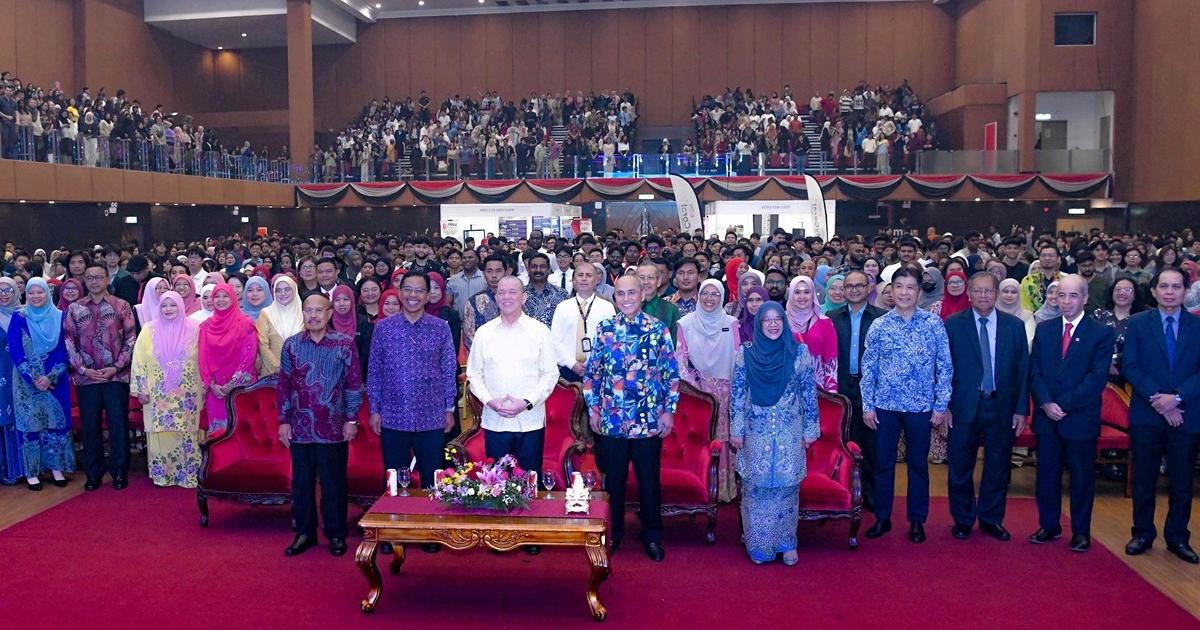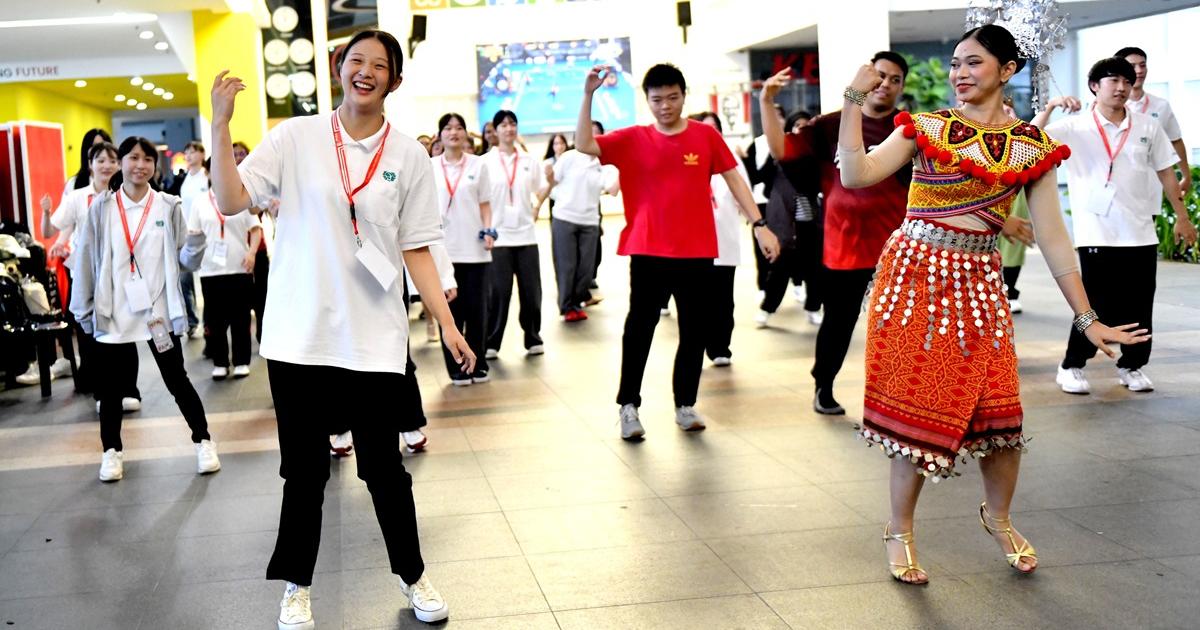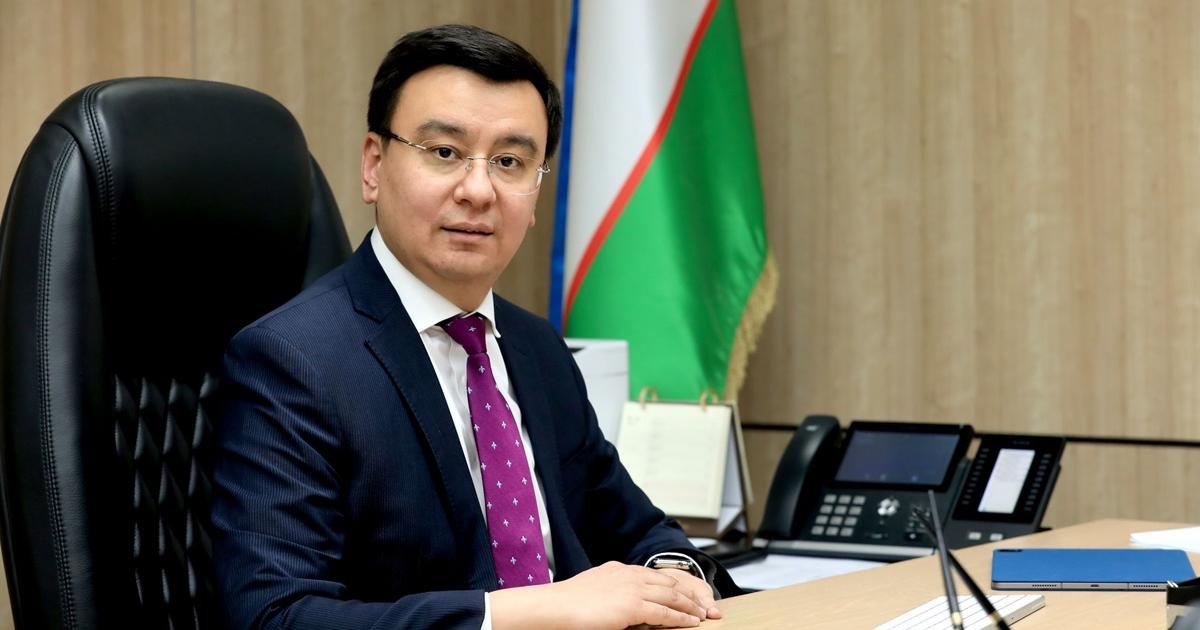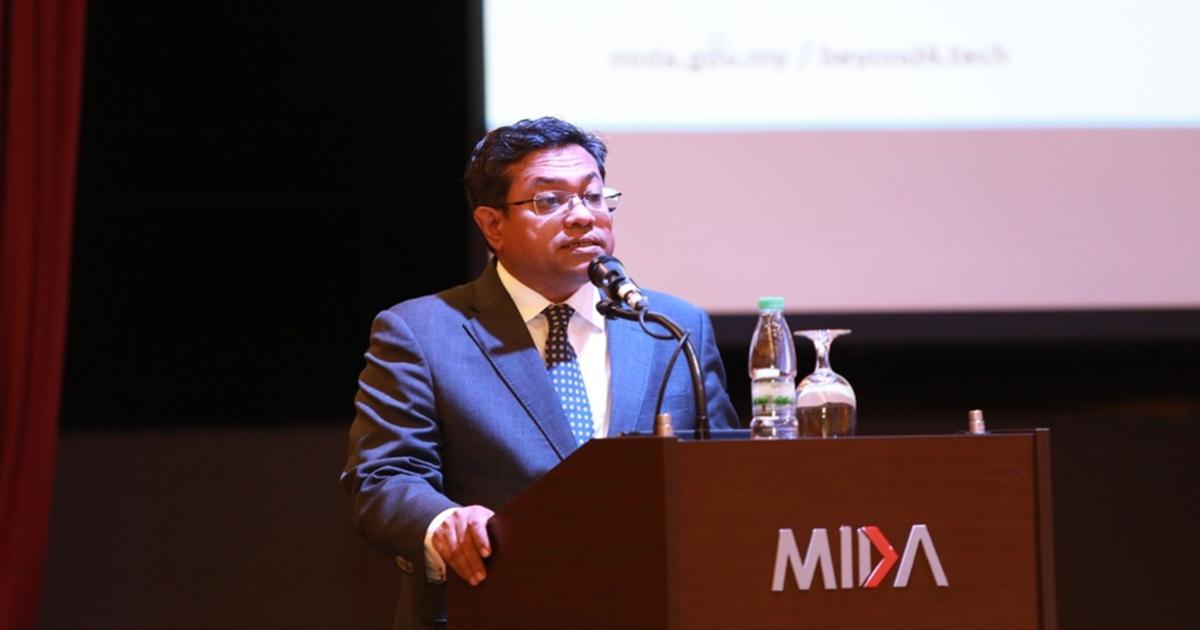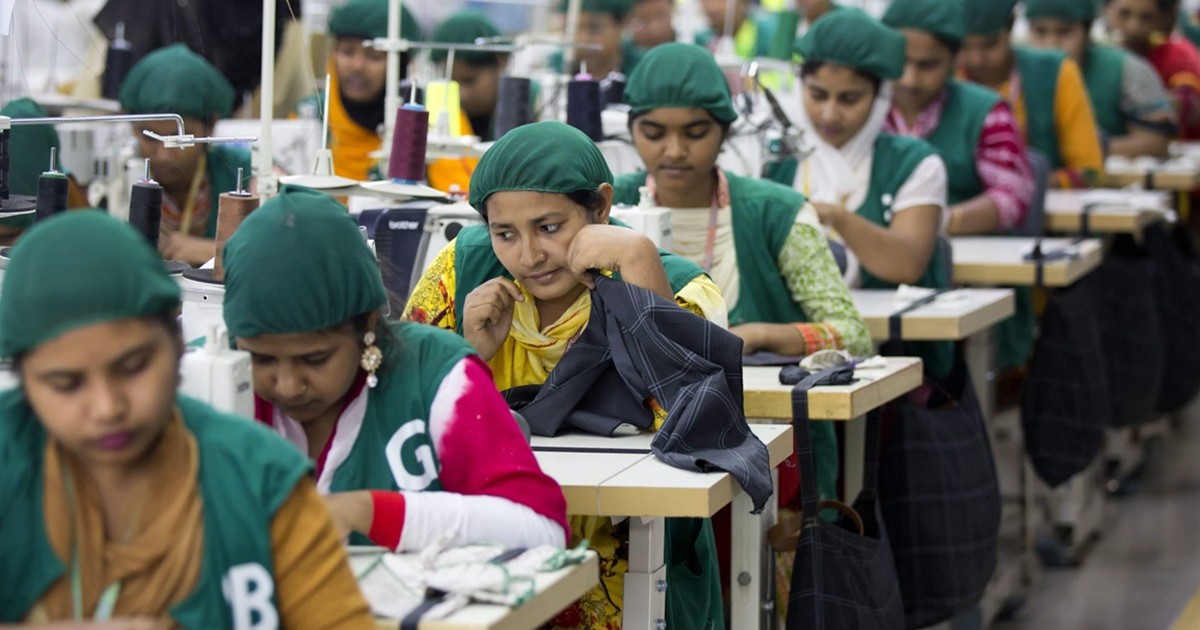
Bangladesh could become one of the most affected countries by the novel coronavirus. The crisis in this Asian country is compound and consists of several dimensions that have severe impacts on the social, medical and economic systems.
Bangladesh’s economy is driven by the garment and textile industry and it is the world's second-largest producer of its products after China. The country supplies its garment products across the globe due to the relatively low price and high quality of these products. However, since the novel coronavirus, better known as COVID-19, started to emerge in many countries around the world international trade activities have been suspended. In Bangladesh, orders worth more than USD 2 billion have been cancelled since the beginning of 2020.
This situation puts more than one million workers in Bangladesh at risk of losing their jobs. In fact, a recent online survey by Pennsylvania State University’s Centre for Global Workers’ Rights mentioned that many of these workers have already been fired or furloughed. Furthermore, the situation became more critical after Bangladesh itself started to record COVID-19 cases as more businesses closed their doors either voluntarily or because of the shutdown order imposed by the government to contain the deadly virus.
Because of COVID-19 pandemic, Bangladesh’s garment and textile industry lost orders worth over USD 2 billion, and more than one million workers are at risk of losing their jobs.
UN Concerns
The World Health Organisation (WHO), on 26 March, published a report posting concerns about the conditions in Bangladesh as the number of confirmed cases started to rise. It mentioned that between half a million to two million people could die of COVID-19 in Bangladesh, given the “extraordinary human densities” in the country. Titled “Country Preparedness and Response Plan” the report said that while preparedness has improved at the national level, healthcare workers and medical facilities were generally unprepared for managing suspected and confirmed patients.
Bangladesh’s Minister of State for Foreign Affairs, Mohammed Alam, said that 753 healthcare professionals have been trained to handle COVID-19 patients, and more than 317,000 pieces of personal protection equipment have been provided to healthcare workers across the country.
The concerns about Bangladesh’s response and its plan to contain the novel coronavirus are based on several elements. On the one hand, the total number of COVID-19 tests conducted as of 9 April was 6,175 which is considered very low in a country of nearly 165 million people. This limited number of testing is probably leaving COVID-19 cases undetected in Bangladesh, especially knowing the social distancing cannot be implemented easily in one of the densest countries in the world where people do not usually fully the government’s instructions.
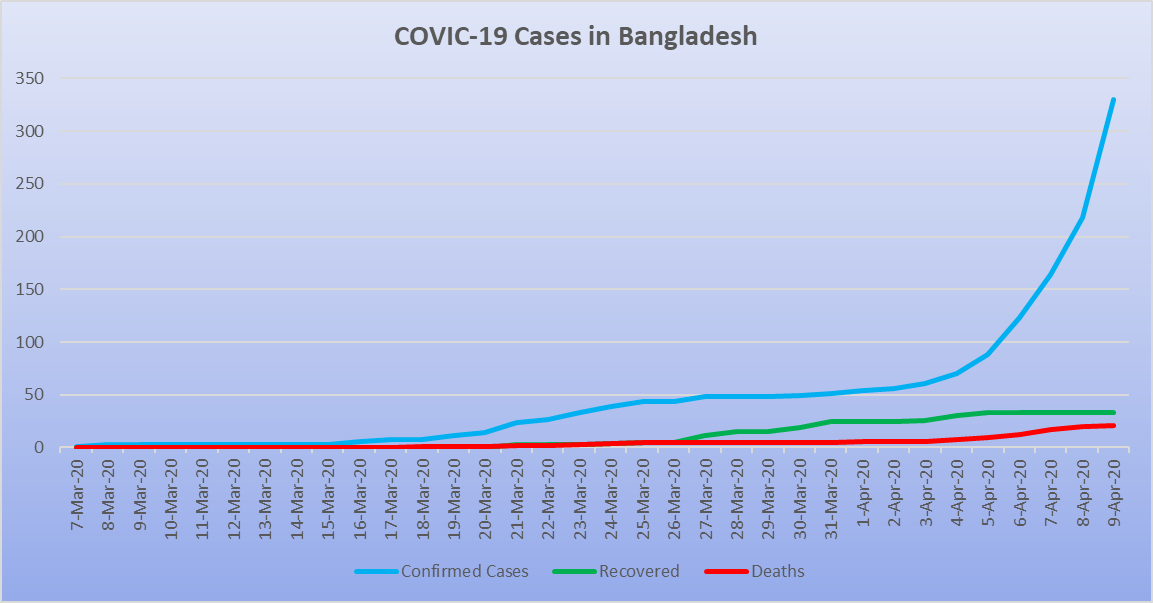
Shortage of Medical Supplies
Bangladesh received medical supplies on 27 March including 30,000 COVID-19 testing kits from Jack Ma Foundation founded by Alibaba Group's founder. Until that date, 20 days after the first case was confirmed, only 1026 people were tested, of whom 48 were infected by the virus. In the following days, as the number of daily tests increased, the number of confirmed cases surged as well. Between 1 and 9 April, the confirmed cases increased more than sixfold (from 51 to 330), supporting the argument that there are many undetected cases in the country.
Doctors in Bangladesh’s hospitals feel extremely vulnerable as many patients with symptoms of common flu and pneumonia, which are the same for COVID-19, are coming to the hospitals every day.
Another issue faced in Bangladesh is that most of the small cities have no or limited access to testing facilities. Reportedly, more patients with COVID-19 symptoms continued to die in hospitals in Barishal, Khulna, Lalmonirhat, Manikganj, and Patuakhali. When the pandemic reached Bangladesh, only six laboratories in the capital city, Dhaka, were able to conduct COVID-19 tests. Later on, four additional labs were prepared to help testing more patients. The Institute of Epidemiology, Disease Control and Research said it plans to open more testing centres and bring more testing kits.
Social Distancing
The best option prescribed to reduce the effects of COVID-19 and slow down its spread is social distancing. But for people in one of the densest countries on earth, social distancing is a difficult task while commuting in crowded public transport or living in cheek-by-jowl urban slums. Besides, although the government announced that mass gatherings are not allowed, a massive coronavirus prayer session with tens of thousands of people was held in Bangladesh, without notifying the authorities.
For cities as dense as Bangladesh’s capital city, Dhaka, social distancing seems to be an impossible task to be accomplished.
- Business News 100
- Country News 16
- Feature News 30
- International News 151
- Interview News 35
- National News 18













